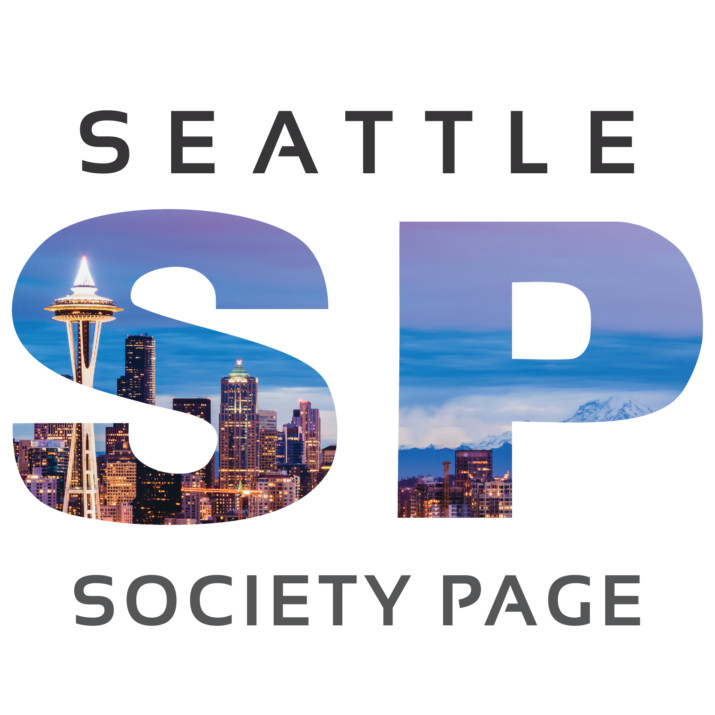
DO-IT Director Declares Virtual Summer Study a Success
Seattle, WA. DO-IT Summer Study, the foundational event of the DO-IT Scholars program, was held online this year due to the COVID-19 pandemic. During pre-covid times, DO-IT Scholars were able to learn on campus at the University of Washington. Despite the challenges of adapting a traditionally hands-on program to the virtual landscape, Sheryl Burgstahler, DO-IT’s founder and director, declares that the event “went really, really well.”
The goal of the DO-IT Scholars program is to prepare high school students with disabilities for success in college, careers, and leadership. In a typical year, participants, who are referred to as “Scholars” throughout the program, attend Summer Study at the University of Washington’s Seattle campus. During the ten-day program, participants live on campus, attend labs, and lectures with UW faculty, work on projects together, and explore Seattle-area resources and careers. This Summer session has taken place every year since 1993 and served more than 400 Scholars.
According to Burgstahler, when the DO-IT team realized that Summer Study could not be held in person this year, they considered not running it at all. “It was a challenge because the Summer Program is really about networking,” said Burgstahler.
To move the program online, the DO-IT team looked at the program’s typical in-person activities and tried to find substitutions that aligned with their goals, and made sense in the virtual format. “We ended up with a lot of things on the cutting room floor,” said Burgstahler. Some things, like a time-honored activity where participants help each other build kites, could not be run remotely.
According to Kayla Brown, a counselor and coordinator at DO-IT, the team prioritized activities that they thought best aligned with the program’s goals and values. This year, they invested a lot of time in a web design workshop. During the workshop, participants worked together in small teams to develop a DO-IT Summer Study 2020 website.

DO-IT students conducting an oceanography experiment during a previous summer study program.
According to Brown, although some activities could not be run remotely, the DO-IT team was able to make a virtual version of “pretty much everything” they typically do. Summer Study normally allows participants to network and build relationships with each other. This year, although students could not meet face to face, they were still able to bond through various optional social activities, including game nights, group lunches, a talent show, and a Zoom meeting where everyone, Burgstahler included, shared their pets. “We tried to do our best to make it fun,” said Brown.

During pre-covid times, DO-IT Scholars were able to network on campus at the University of Washington.
On the academic, career-focused side of the program, participants were still able to meet with, and have one-on-one conversations with faculty via Zoom. In fact, according to Burgstahler, one of the advantages of having the program online was that participants were able to meet with faculty from outside of Seattle. Instead of taking a field trip to the Microsoft campus as they would in a typical year, a panel of Microsoft employees with various disabilities joined the DO-IT Scholars in Zoom for a conversation about how work, school, and entertainment can be inclusive through innovative technology.
DO-IT used Zoom video conferencing software as their primary mode of communication this year; this presented its own challenges. “Logistics were, I wouldn’t say more complicated, just different,” said Burgstahler. Since participants in the program have a variety of disabilities, any software, websites, videos, or other technology resources used in the program need to be fully accessible. Fortunately, DO-IT staff includes some of the world’s leading experts in technology accessibility, so this was an easy transition.

A group of students enjoying Summer Study
Another challenge DO-IT faced when transitioning Summer Study online was keeping students engaged. According to Brown, the first thing the DO-IT team had to consider after deciding to run Summer Study virtually was how many hours a day they could keep students behind a screen. The program is usually very intensive, with the Scholars engaged in activities throughout the day, but that type of engagement can be more difficult to cultivate in the virtual format. “Now they’re at home,” said Brown, “they’re with family, and they have other things they’re doing.” Ultimately, the DO-IT team agreed to reduce the program to a few hours of academic programming per day, with social activities at night. To meet their goals while working with students for less time each day, the team ran the program over three weeks rather than the usual ten days.

Summer study 2013 phase 1 scholar Nicole Madsen and instructor Jeff Stewart participate in EXO Labs.
“Ultimately, even though it wasn’t perfect, what we learned was that things can be done online,” said Brown. At the end of the program, students reported back on their experiences. According to Burgstahler, a lot of them talked about making friends, which shows that Scholars can make the connections DO-IT aims to foster online. Although Burgstahler hopes that the program can be held in-person next year, some of the Scholars have disabilities that make them more vulnerable to COVID-19, so DO-IT must be cautious when deciding whether Summer Study will be held in-person or remotely in 2021.
For more information on the DO-It Scholars Program:
From DO-IT:
The DO-IT (Disabilities, Opportunities, Internetworking, and Technology) Center is dedicated to empowering people with disabilities through technology and education. It promotes awareness and accessibility—in both the classroom and the workplace—to maximize the potential of individuals with disabilities and make our communities more vibrant, diverse, and inclusive.










